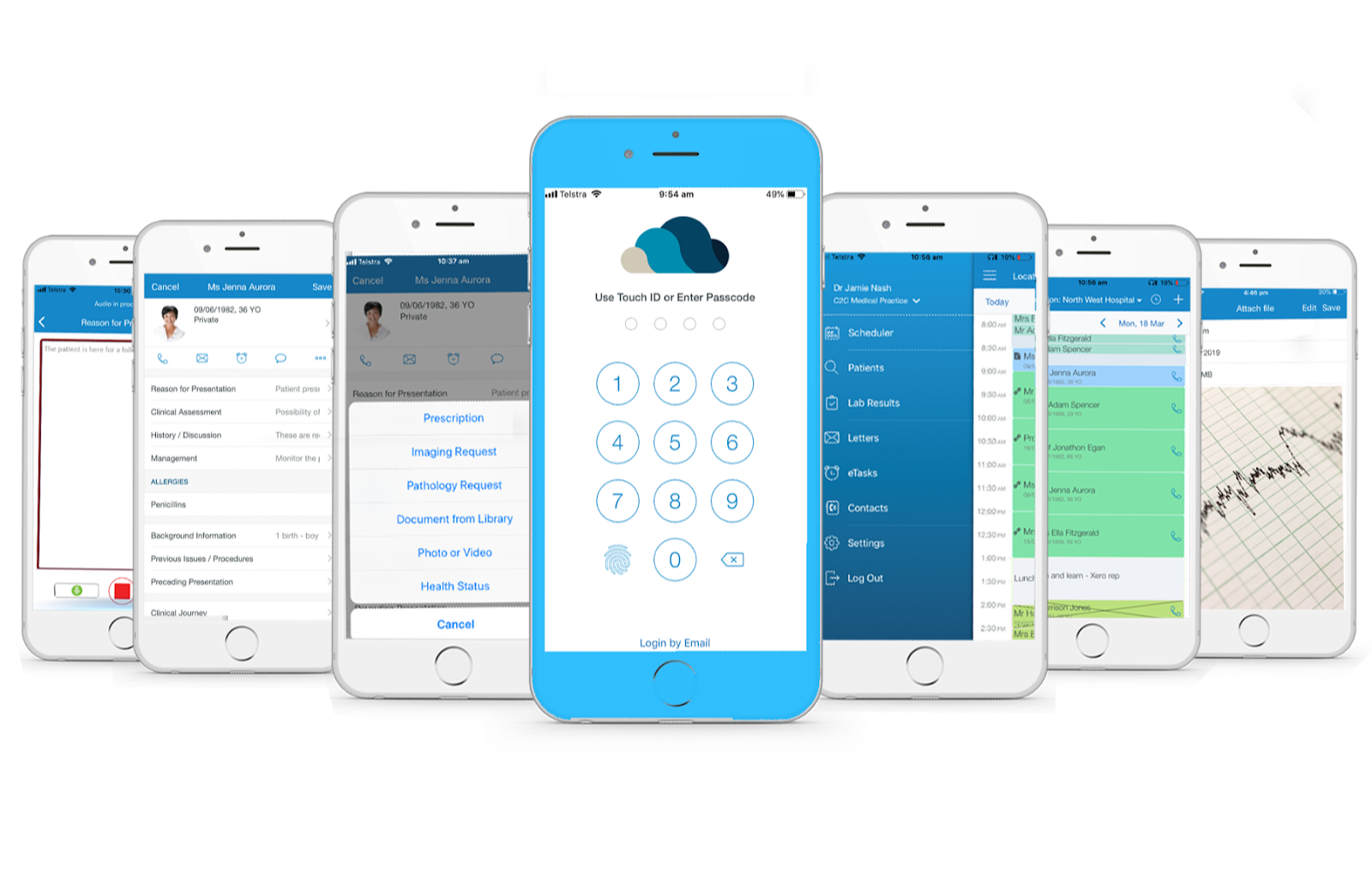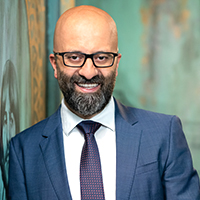Technology is threaded through our lives, influencing the way we interact, solve problems and make decisions. We no longer second guess the necessity of developments, ensuring our smartphones, computers, home assistants (Alexa and Google Home) and gaming consoles are up-to-date. We expect our hardware and software to perform around the clock, rising to the challenge of making our busy lives easier.
Despite being Australia’s fastest growing industry, a level of uncertainty continues to cast a shadow over the relationship between healthcare management technology and EHR systems. Healthcare harnesses some of the most powerful technology in the world, but when it comes to clinic management, we’re falling behind.
Charting the Historic Impact of Technology in Healthcare
Technology has unquestionably served the healthcare industry well over the last 30 years. Although we’re slow to adopt, commitment to new technologies has been maturing, optimising internal workflows and driving patient engagement. Administration
staff have typically been the first observe and communicate the benefits of information technology in healthcare, as appointment management, patient retention, billing, Medicare claims and health insurance procedures becomes easier to navigate thanks to EHR improvements.
So where did we go wrong? Is there an enduring disconnect between the next steps and the healthcare industry? We understand the fear - not all change is beneficial, not all developments will positively impact your business and you’re short on time already, so wading through potential innovations and platforms to find the right one is confronting and exhausting. Selecting a healthcare information system that will stand the test of time is important; you’re occupying a fast moving industry with tremendous room for further growth.
We will now cover three factors that may be causing your relationship with technology to be your Achilles’ heel.
Fear of change: Cloud technology
“The only thing that is constant is change”
- Heraclitus
Since cloud technology found a place in the healthcare conversation, clinicians have been hesitant to step away from their paper-trails and fax machines.
Paper-based systems were and sometimes still are perceived as the most secure, albeit slower solutions, as they generate predictable functionality and support traditional workflows. Sure, there are inefficiencies, frustrations and knowledge gaps, but the devil you know is better than the one you’ve yet to meet, right? When it comes to security and data sovereignty, cloud technology is still a grey area for many clinicians; 76% are concerned about how patient information will be secured, sent and stored, skeptical of the cloud’s vault-like capabilities.
From a technology stance, true cloud technology in the form of Software as a Service is the beneficiary of the highest grade of tech-security available today. The level of security rivals that of Banks and other large corporates. What is also important to note is that the level of investment that is going on in this sector to ensure its security and safety, continues to be at an unprecedented level and cannot be matched by small business or large business.
We are not disputing that change is a big deal. Consequently, it is important that you, as a key practice influencer, believe in the benefits a cloud-based system provides. Your team will look to you for insight, reassurance and answers. Despite initial reservations about cloud technology, it is simply the safest way to store patient, employee and clinic data.
Awareness of security: Secure messaging
Imagine being able to deploy life-saving information about a child with a chronic illness in under a second, ensuring continuity of care, free from potential medicolegal risk or uncertainty in information. The future of information exchange lies in a national adoption of a uniform system located on the cloud. Centrifying this resource will improve messaging efficiency and communication across all sectors, not to mention increasing the security and safety of clinical information.
But what does that mean for you? How are your concerns satisfied? Not only will cloud-located secure messaging drive efficient practice management and quality outcomes for patient-centric approaches, it also minimises the mishandling, loss, deletion or corruption of confidential information. It won’t matter if a USB is infected by a virus, or lost! because everything is backed up on the cloud.

Lack of education: A fast moving industry
Practitioner frustration is beginning to drive technological implementation, as the healthcare industry continues to move at break-neck speed and patient demand for GPs reaches unprecedented levels. Studies have shown what we’ve suspected all along - the vast majority of clinicians want to ensure their clinics are future-proofed, but they lack the support and education required to invest in these new practices. The Australian Medical Association has claimed the Federal Government has dropped the ball in breaking down the barriers between practitioners and relevant technological developments. While it may be true, a lack of education can be solved on your own steam - don’t let admin burdens and difficult legacy workflow systems hold you back.
As the healthcare sector moves forward, the necessity of re-skilling, up-skilling or completely changing the course of career trajectories may be required, as admin and support staff are challenged by an increasingly automated workplace. So what makes a good practice management system? Infrastructure and opportunity.
You don’t want to replace people that have dedicated years of service to thousands of patients - instead, your mission should be to motivate them to embrace new training and continued learning. Make a difficult pill sweeter to swallow by identifying opportunities for your team from top to bottom with our help.




